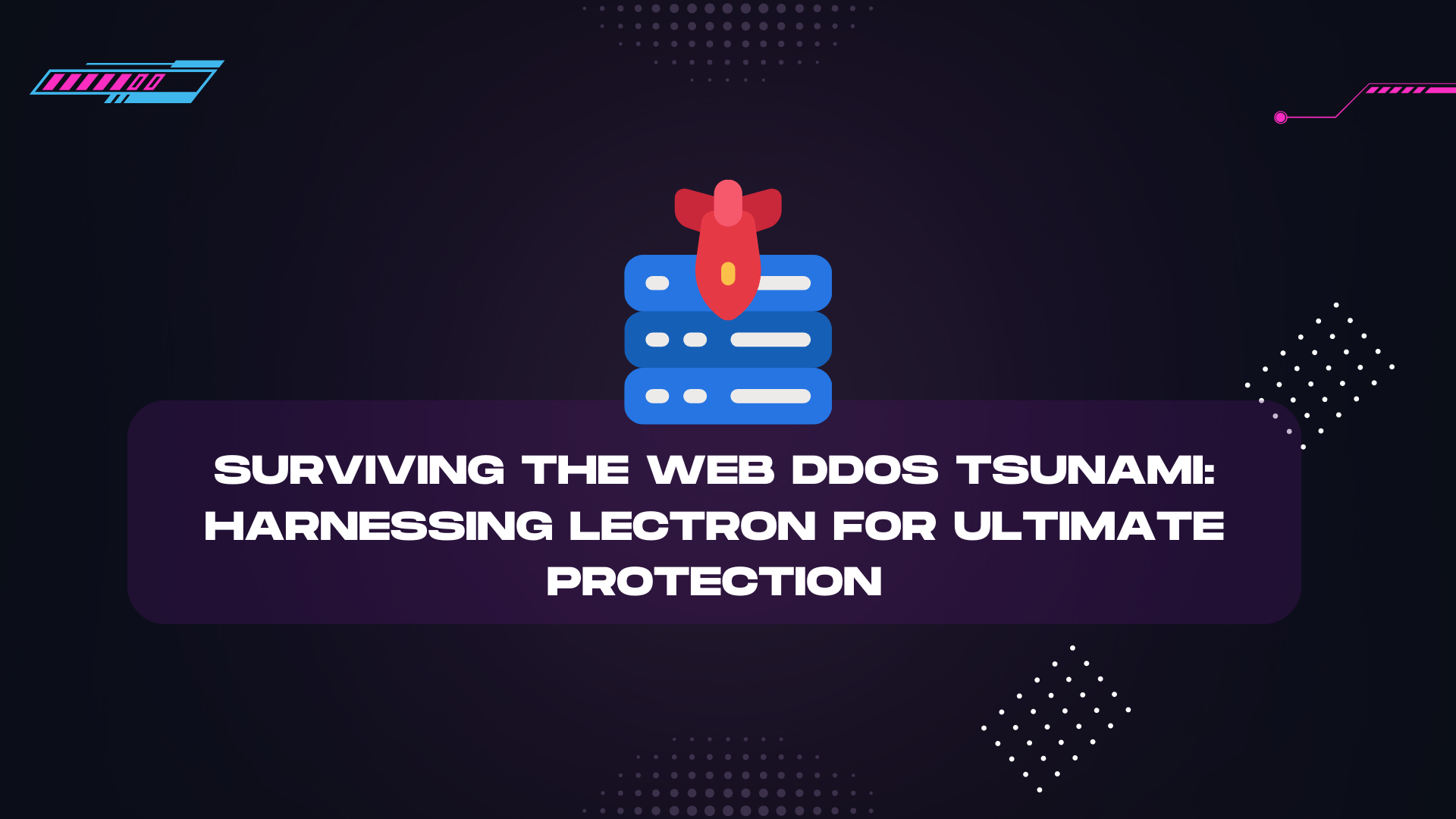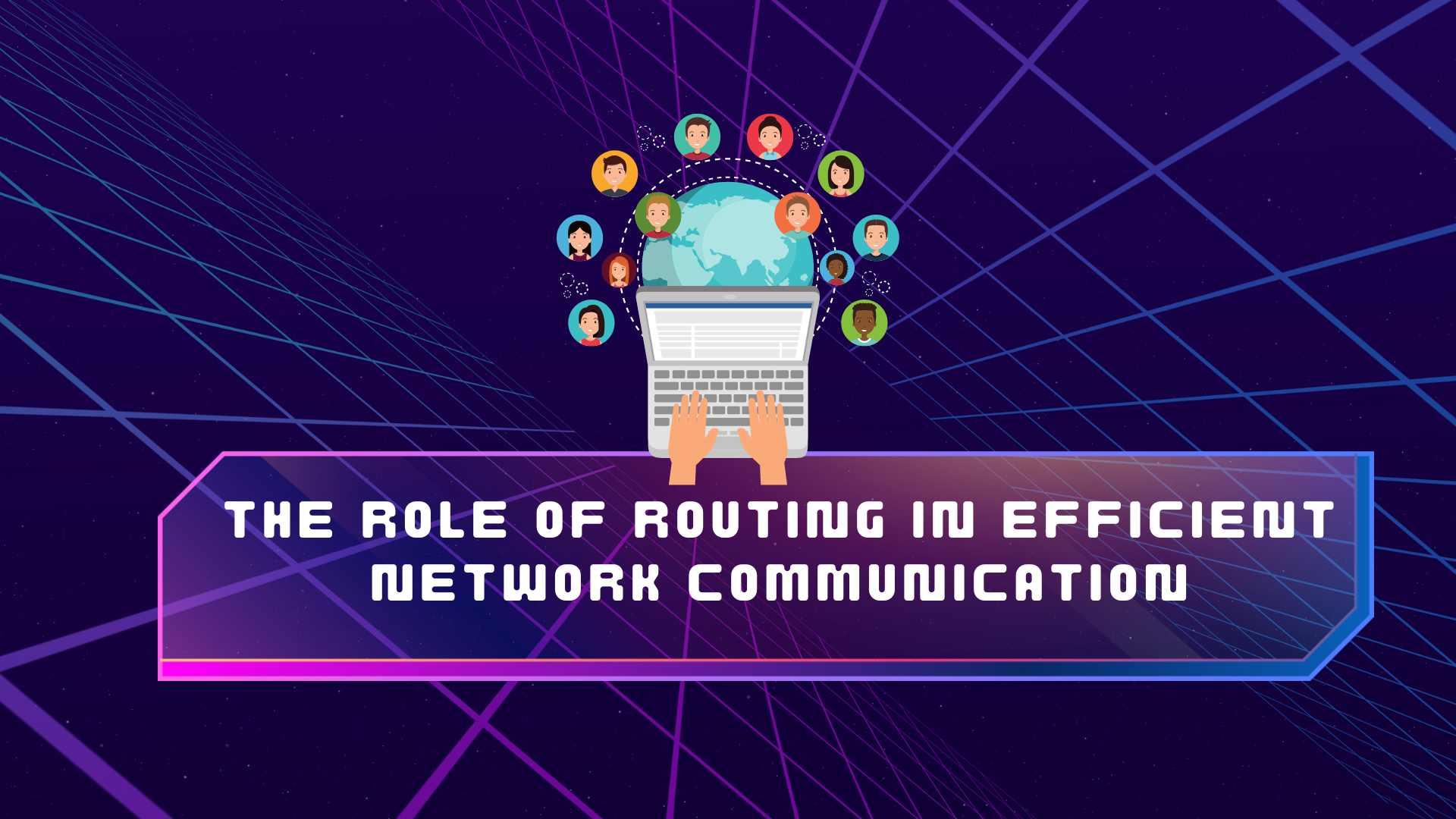Introduction:
Web3 is a decentralized ecosystem that relies on blockchain technology to power its operations. This unique architecture provides many benefits, including increased security and protection against DDoS attacks. In this document, we will explore the role of decentralization in Web3 security and DDoS protection.
- Decentralization in Web3:
Decentralization is the core principle behind Web3. Unlike traditional centralized systems, Web3 is decentralized, meaning that there is no single point of failure. Instead, data is stored and processed across a network of nodes, making it more secure and less susceptible to attacks. - Benefits of Decentralization in Web3 Security:
a) Increased Security: Decentralization provides increased security by distributing data across a network of nodes. This makes it more difficult for attackers to target a single point of entry or to compromise the entire system.
b) Data Privacy: Decentralization provides increased data privacy by allowing users to control their own data. Users can choose to share their data with others or keep it private, giving them greater control over their personal information.
c) Resilience: Decentralization provides increased resilience by making Web3 more resistant to attacks. Because there is no single point of failure, Web3 can continue to operate even if some nodes are compromised. - Decentralization and DDoS Protection:
DDoS attacks are a growing threat to Web3, but decentralization provides a unique solution to this problem. By distributing data across a network of nodes, it becomes more difficult for attackers to target a single point of entry or overwhelm the system with fake traffic. - How Decentralization Helps Prevent DDoS Attacks:
a) Distributed Content Delivery Network (dCDN): dCDNs are a decentralized alternative to traditional content delivery networks. By distributing content across a network of nodes, dCDNs provide increased resilience and protection against DDoS attacks.
b) Consensus Mechanisms: Consensus mechanisms such as Proof of Work (PoW) and Proof of Stake (PoS) can help prevent DDoS attacks by requiring nodes to perform work or stake their own resources in order to validate transactions. This can help prevent attackers from flooding the system with fake transactions.
c) Decentralized Application (dApp) Hosting:
dApp hosting on a decentralized platform can help prevent DDoS attacks by distributing the application across a network of nodes. This makes it more difficult for attackers to target a single point of entry. - Challenges with Decentralization in Web3 Security and DDoS Protection:
a) Scalability:
As the number of users and transactions increases, it may become more difficult to process and validate transactions in a timely manner.
b) Complexity:
Decentralization can be complex, and it may be difficult for non-technical users to understand and implement decentralized solutions.
c) Adoption:
Decentralization is still a relatively new concept, and it may take some time for users and developers to adopt decentralized solutions.
Conclusion:
Decentralization is the cornerstone of Web3, providing increased security, data privacy, and resilience. It also provides a unique solution to the growing threat of DDoS attacks. By leveraging the power of decentralization, users and developers can protect their virtual assets and ensure that the Web3 ecosystem remains secure and resilient. While there are still challenges to overcome, the benefits of decentralization make it a critical component of Web3 security and DDoS protection.




